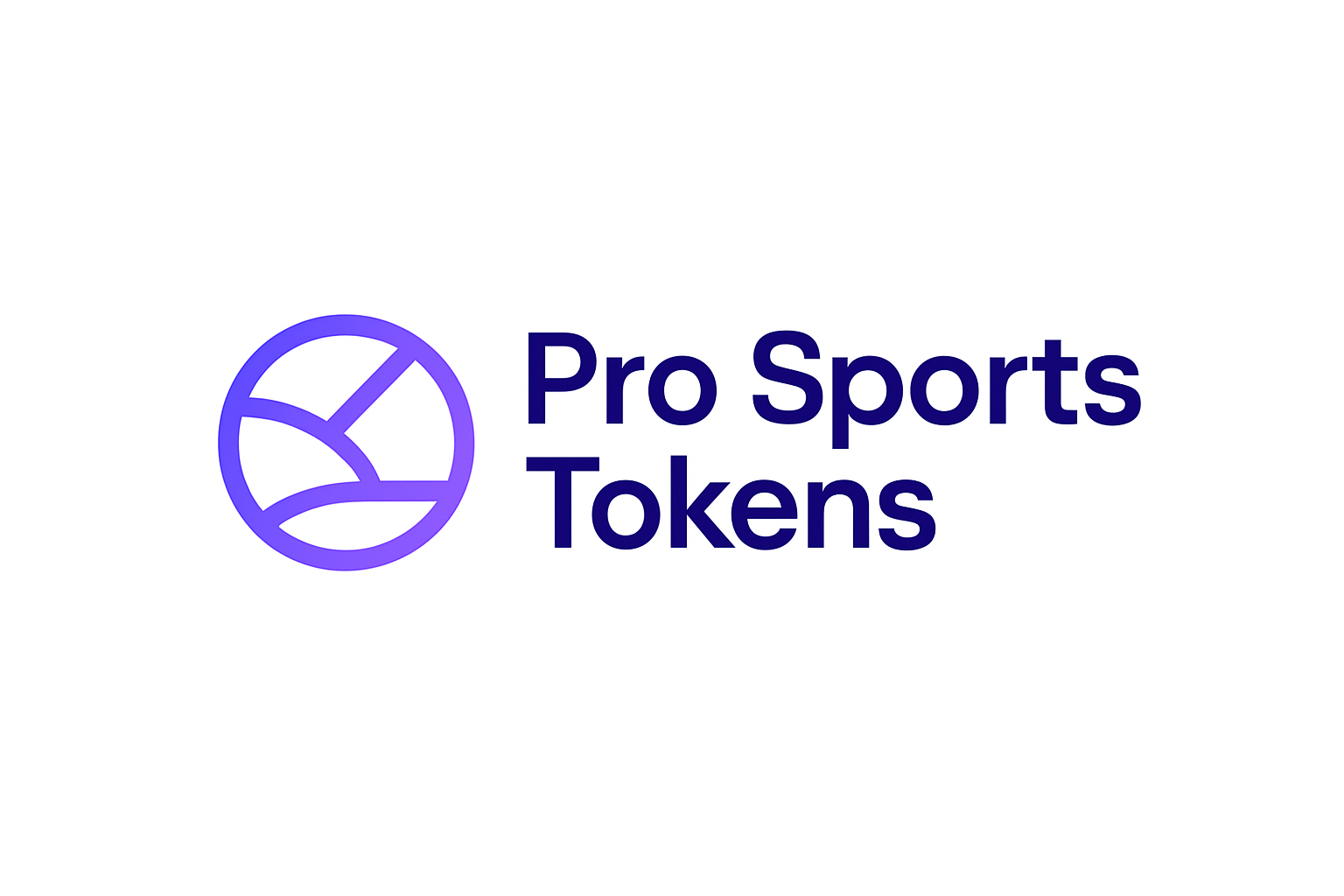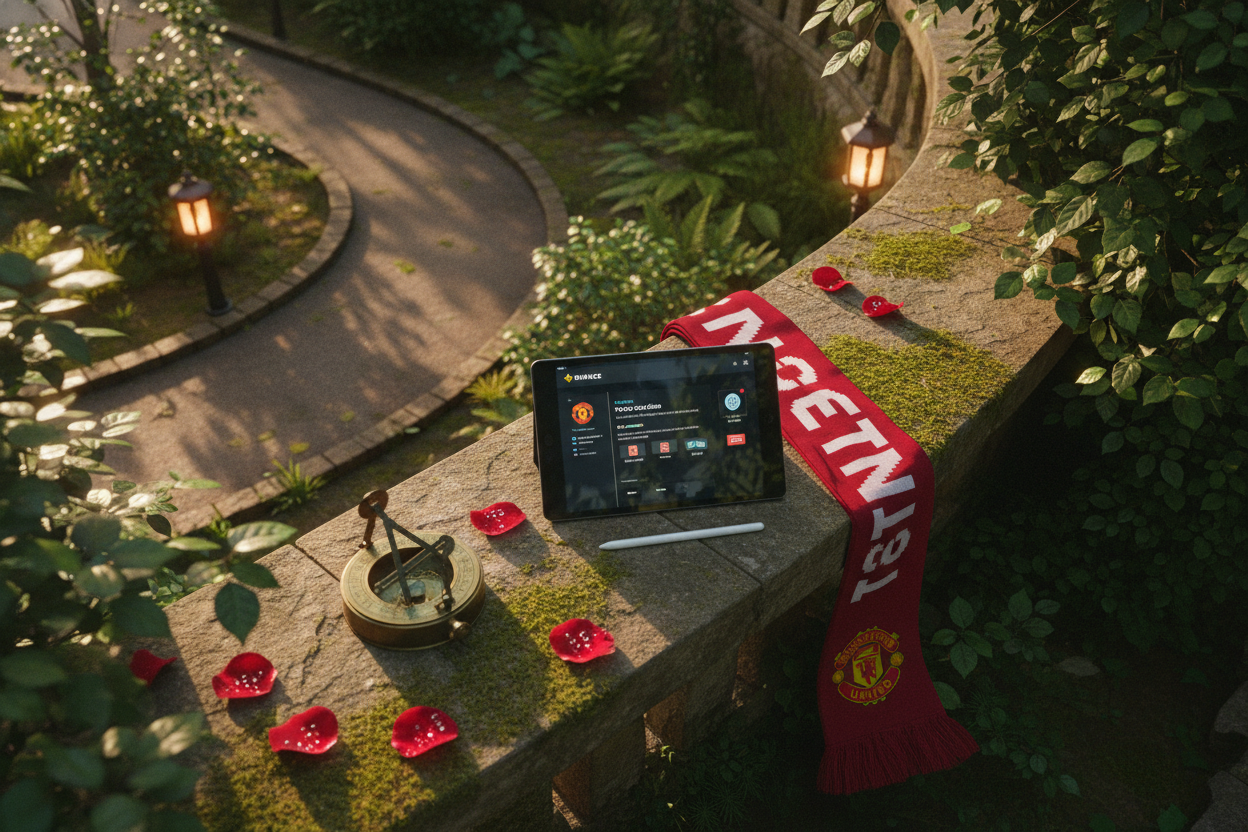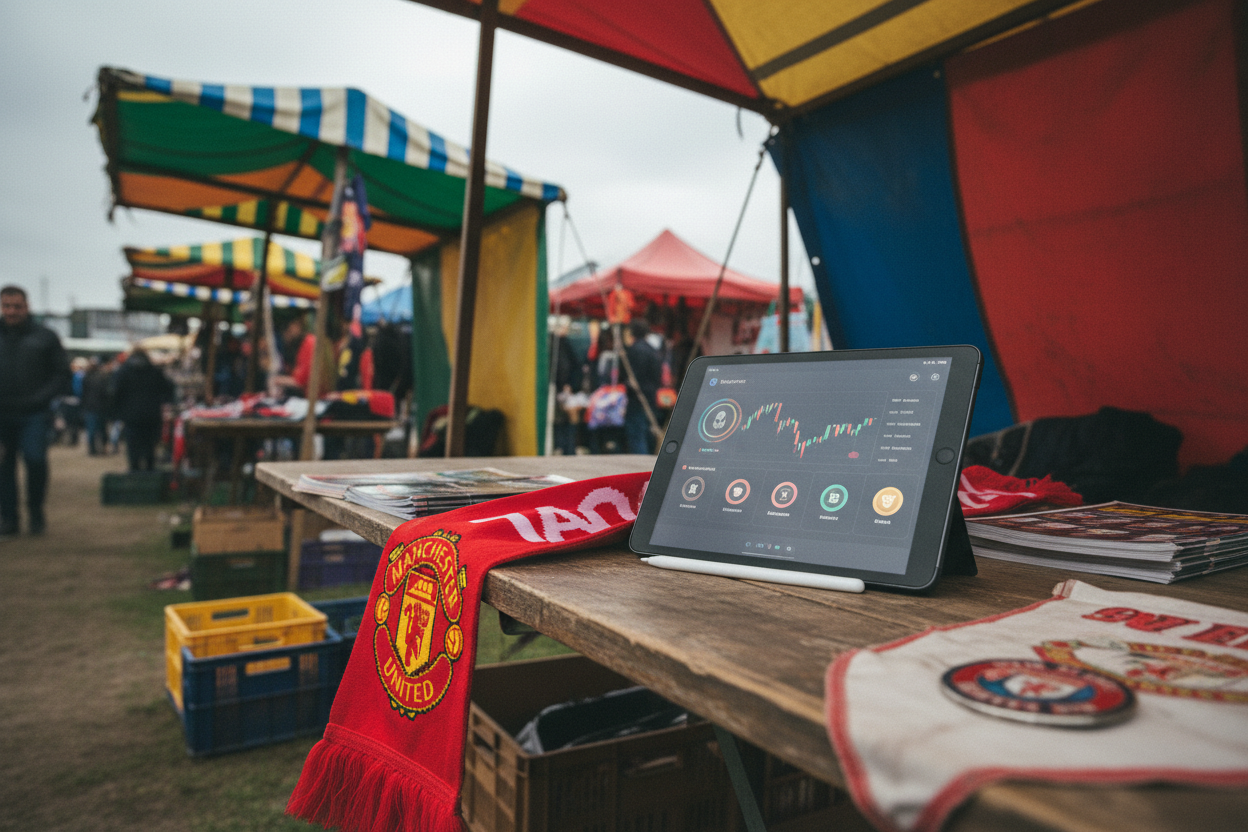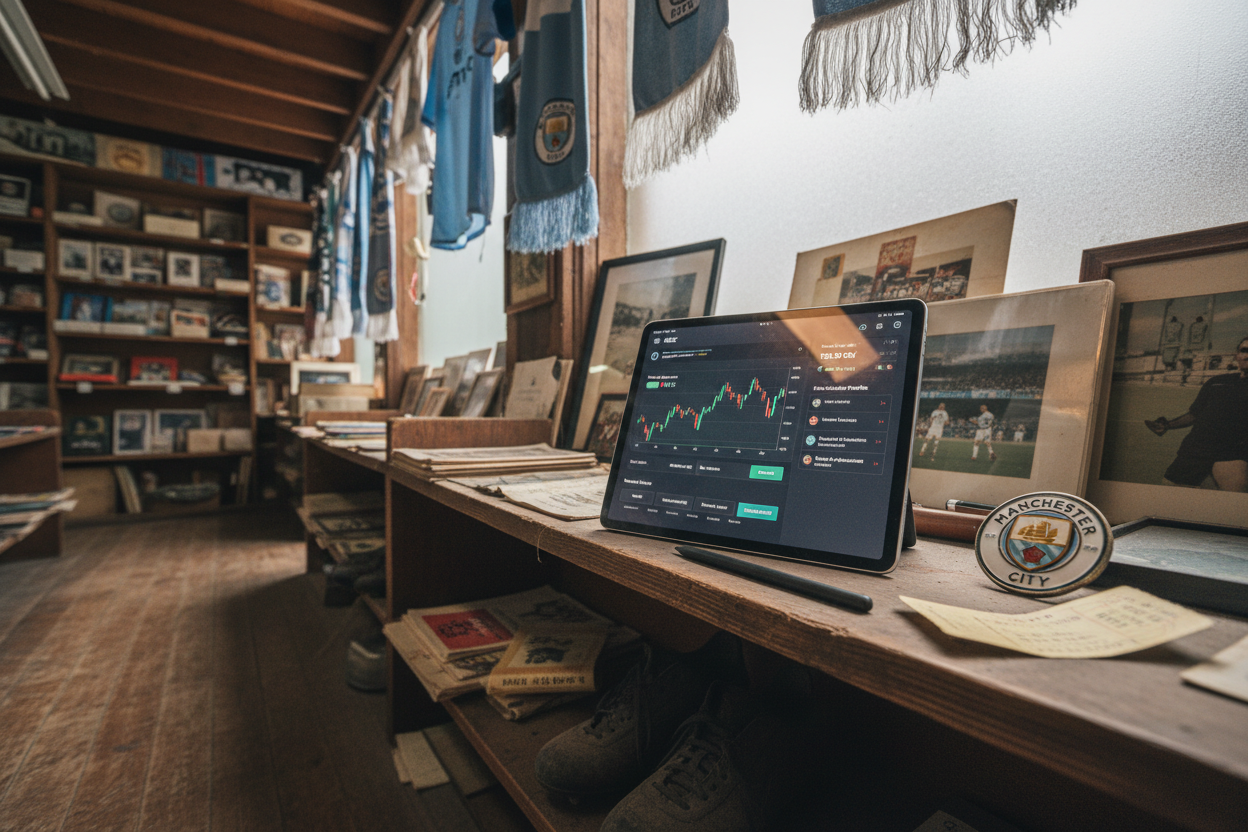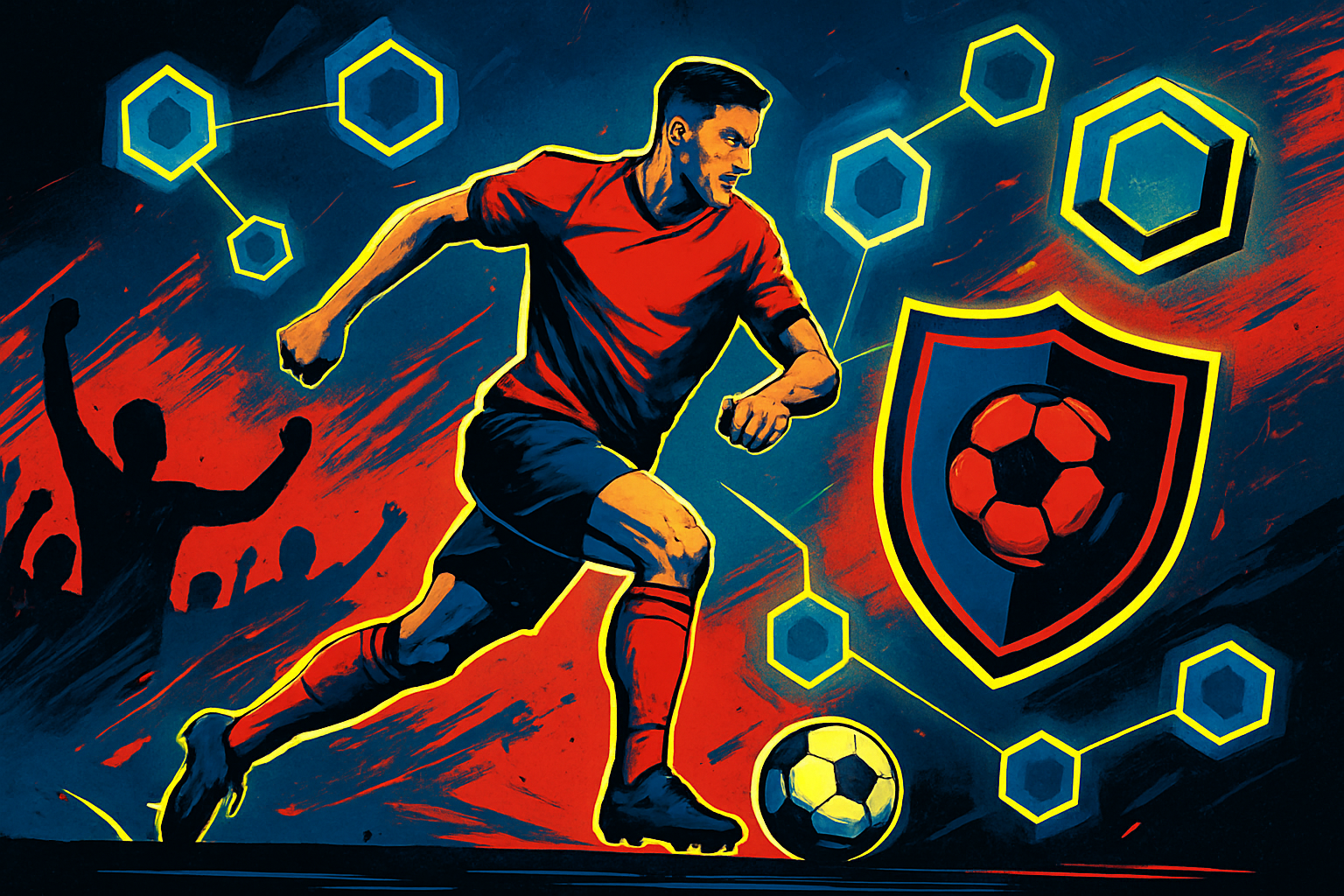
Football has always been about passion, community, and the fierce loyalty of supporters. But in 2025, a technological revolution is transforming the way fans interact with their favorite clubs. Blockchain fan governance is not just a buzzword – it’s a paradigm shift that’s putting real power into the hands of supporters worldwide. The rise of platforms like OneFootball Club and the surging popularity of fan tokens are redefining what it means to be a football fan in the digital age.
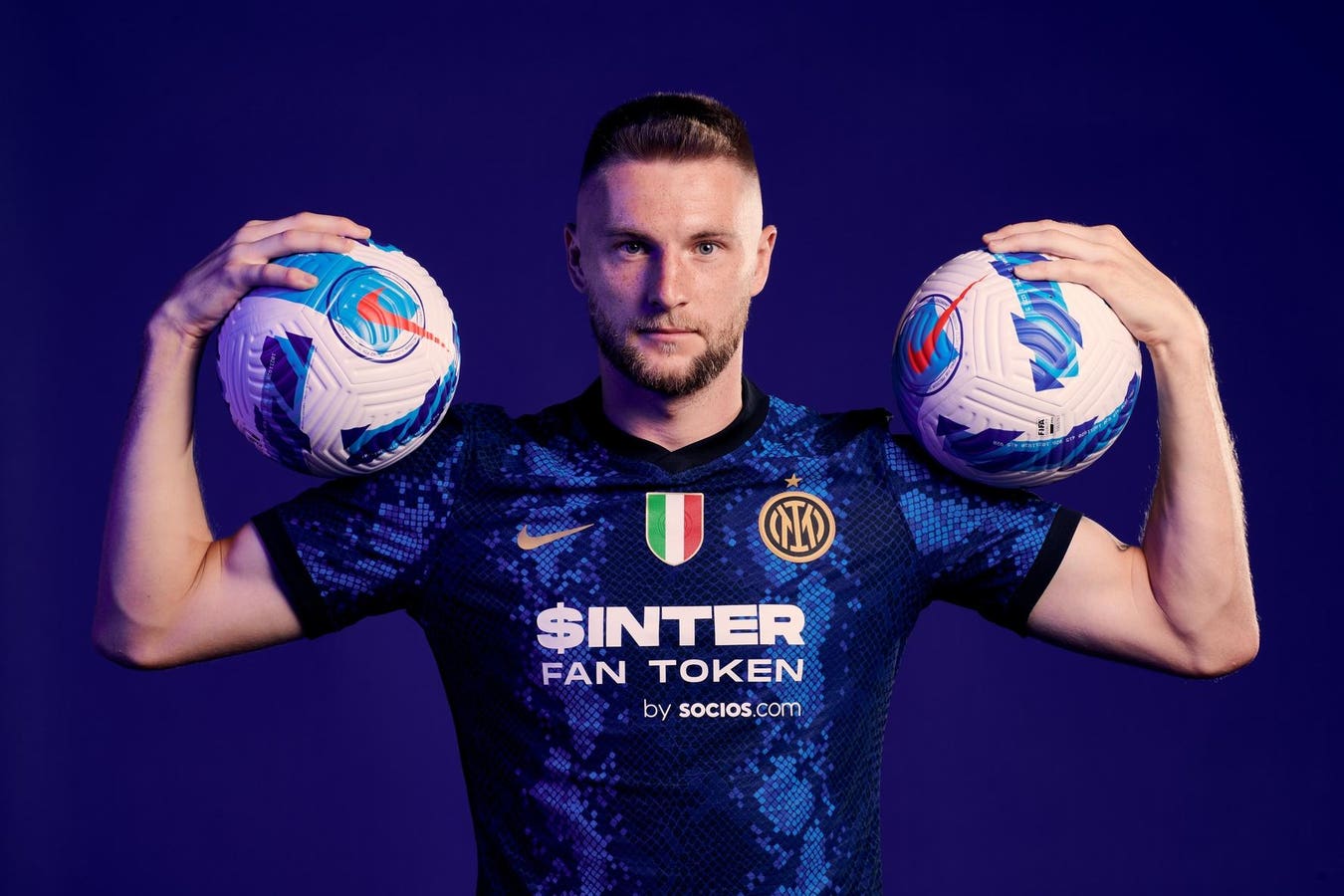
From Spectators to Stakeholders: The Power of Blockchain Fan Governance
Traditionally, fans have cheered from the stands or screens, with little say in club operations. Now, thanks to blockchain, the lines between club and community are blurring. Platforms like OneFootball Club are leading the charge, offering a universal onchain fan pass that aims to connect 3.5 billion football enthusiasts. By leveraging blockchain, OneFootball is building the rails for fans to participate in real economic and social decisions within their clubs (CoinList).
But what does this look like in practice? Through fan tokens on platforms such as Socios. com and OneFootball Club’s $OFC token, supporters can vote on everything from kit designs to matchday music. FC Barcelona’s $BAR Fan Token, for example, enabled fans to influence club matters directly, while Paris Saint-Germain’s involvement as a validator on the Chiliz Chain is building a self-sustaining digital economy for its global fanbase (Cointelegraph).
How Blockchain Tokens Are Unlocking New Club-Fan Relationships
The heart of blockchain fan governance lies in its ability to turn passive followers into active stakeholders. With OneFootball Credits ($OFC), fans are no longer just consumers – they become part of the club’s digital identity and governance structure. The $OFC token, launched in 2024, is more than a collectible; it’s a voting right, a badge of membership, and a gateway to unique rewards (Bitrue). This means fans can help shape club policy, vote on key decisions, and even access exclusive content or experiences.
Beyond voting rights, blockchain-based fan tokens are also unlocking new revenue streams for clubs. Lower-league teams across Europe have tapped into token sales and NFTs as alternative funding sources, reaching global audiences previously out of reach (ScienceDirect). The numbers are staggering: crypto sponsorships in football hit $565 million recently, with clubs leveraging NFTs and blockchain payments to transform everything from player transfers to fan engagement.
Key Ways Blockchain Is Transforming Fan Governance
-
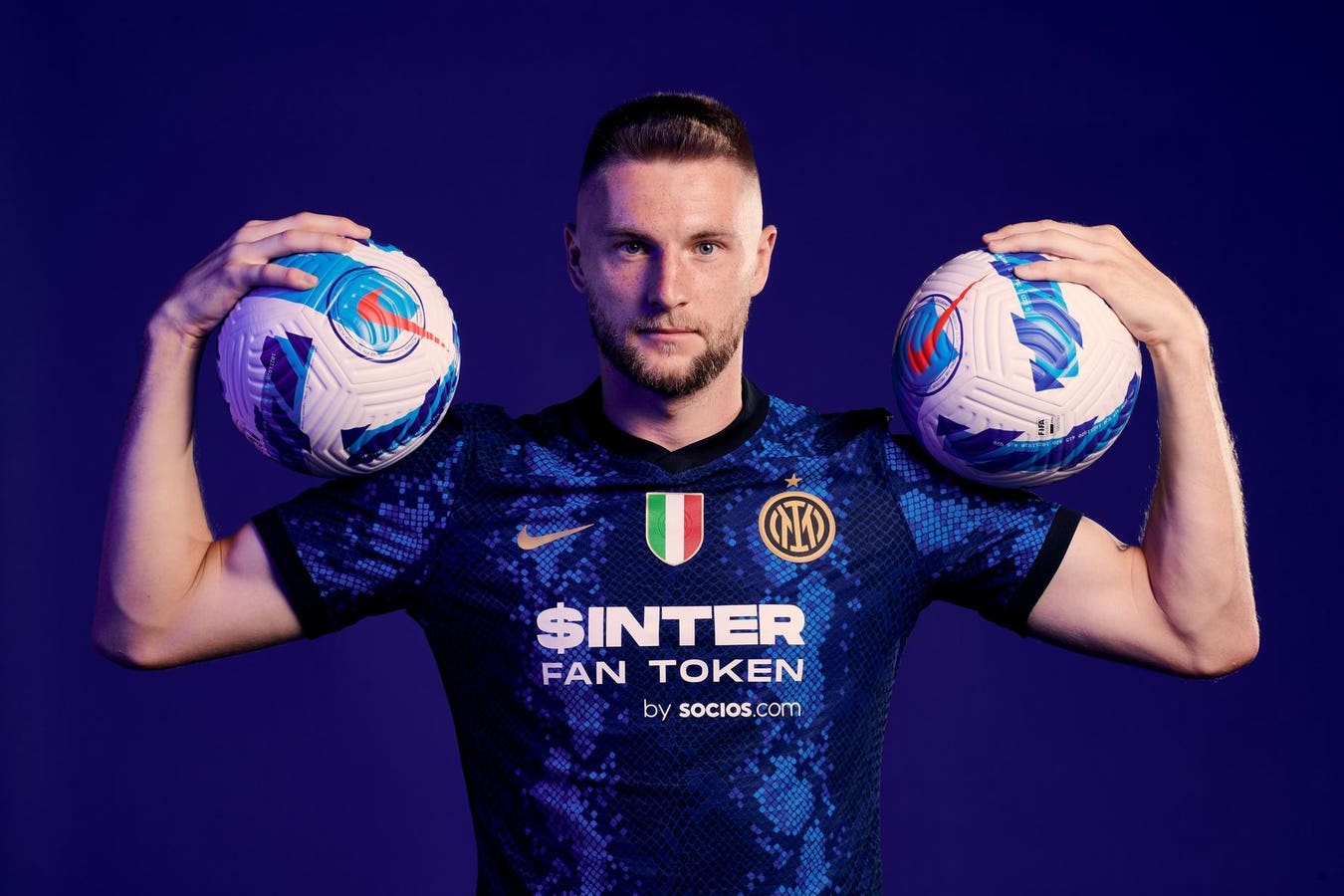
Fan Tokens Enable Direct Club Participation: Platforms like Socios.com issue fan tokens for major clubs such as FC Barcelona and Paris Saint-Germain, allowing supporters to vote on club decisions—from kit designs to matchday experiences—using blockchain-verified ballots.
-
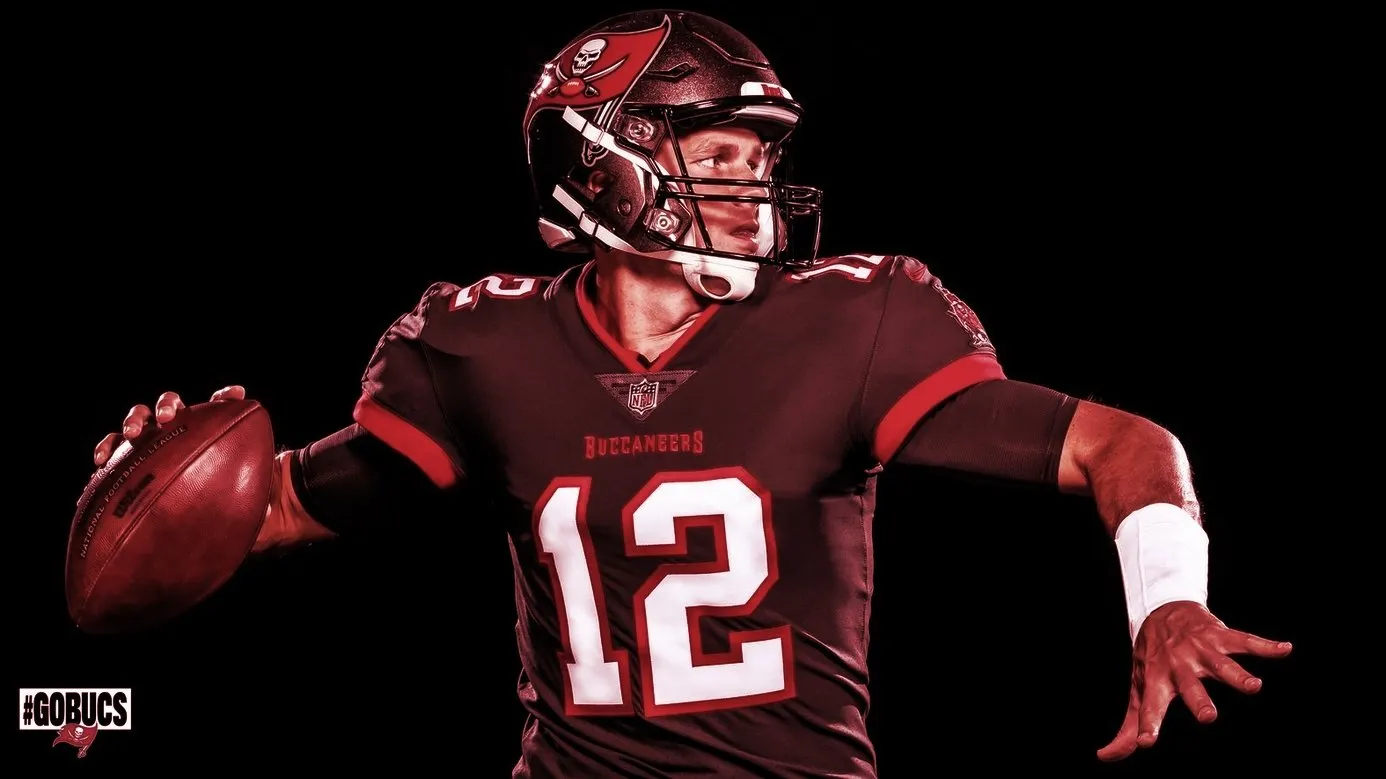
Decentralized Autonomous Organizations (DAOs) Give Fans Real Power: Initiatives like Fan Controlled Football (FCF) use DAOs to let fans influence team operations and even call plays during games via token-based voting, creating a transparent, participatory governance model.
-
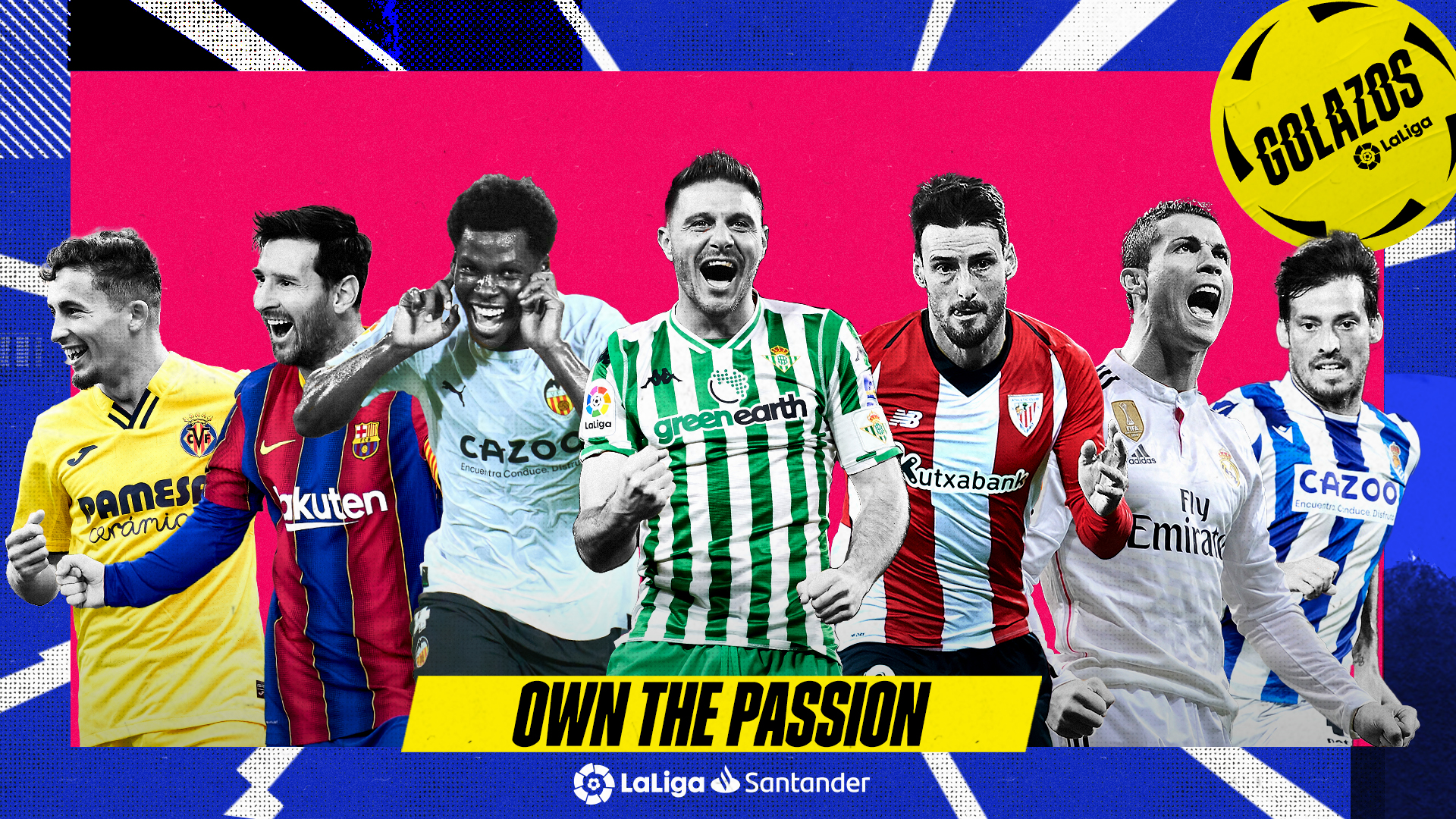
NFTs and Digital Collectibles Offer Unique Fan Experiences: Clubs and leagues are issuing blockchain-based NFTs—such as FCF’s commemorative moments—giving fans ownership of exclusive digital memorabilia and new ways to engage with their favorite teams.
-
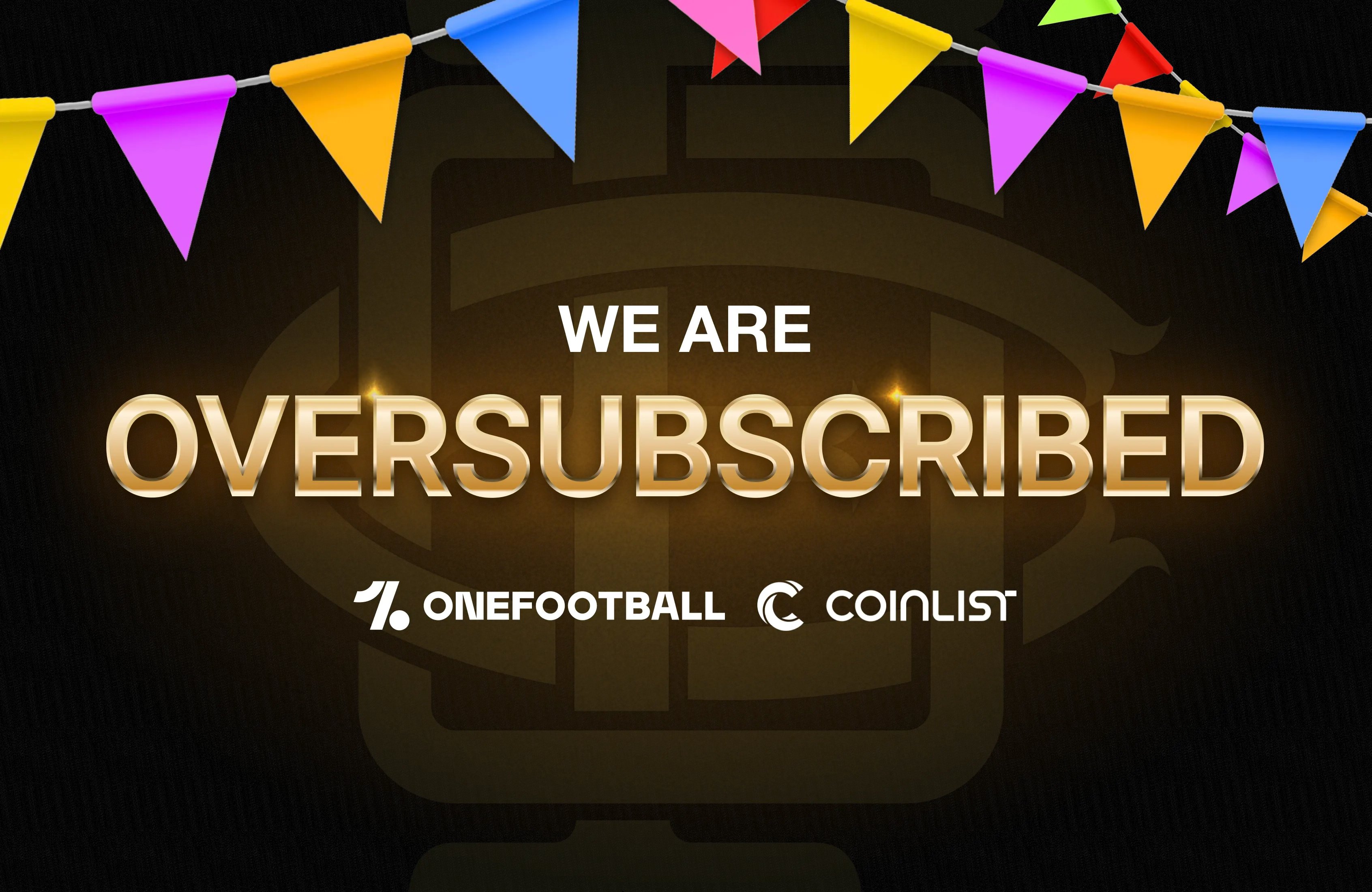
Web3 Platforms Like OneFootball Club Foster Onchain Fan Identity: OneFootball Club introduces a universal onchain fan pass, enabling digital identity, rewards, and governance rights for over 3.5 billion football fans worldwide.
-
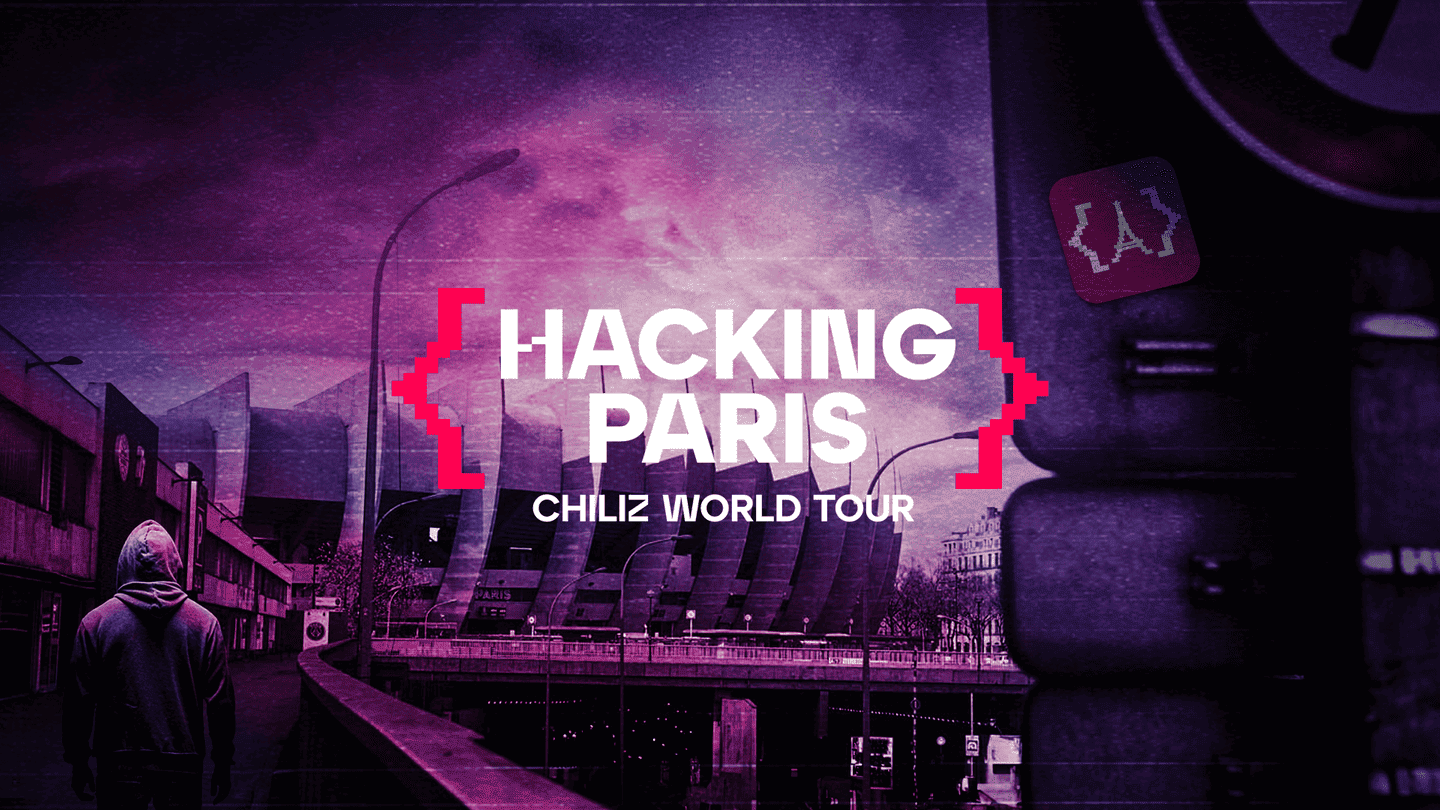
Blockchain-Based Revenue Streams Support Club Growth: By leveraging fan tokens and NFTs, clubs access new funding sources while offering fans a stake in their success. Paris Saint-Germain, for example, is a validator on the Chiliz Chain, strengthening its digital economy and fan engagement.
The Mechanics of Decentralized Sports Management: DAOs and NFTs
Decentralized Autonomous Organizations (DAOs) are another major innovation reshaping football club management. These blockchain-powered entities allow fans to propose and vote on club initiatives directly, using their tokens as voting power. For instance, Fan Controlled Football (FCF) has partnered with Flare to give fans real-time influence over play calls and team decisions, making the experience more interactive and democratic.
Meanwhile, NFTs are taking the idea of club memorabilia into the digital age. Clubs like FCF have minted NFTs representing key moments from their seasons, allowing fans to own a piece of history as a verifiable digital asset. These collectibles offer not only emotional value but also potential financial upside as the market for rare digital items grows.
As of today, Chiliz ($CHZ), the backbone of many fan token platforms, is trading at $0.0358. This real-time price data underscores both the accessibility and volatility of sports team tokens – an important consideration for fans looking to blend their love for football with digital finance.
However, the promise of blockchain fan governance comes with a unique set of challenges. The volatility of fan token prices, such as $CHZ at $0.0358, can create uncertainty for supporters hoping to use tokens for voting or club engagement. Regulatory bodies and fan advocacy groups have also raised concerns about the potential for misleading marketing and the risk of speculative bubbles. In fact, the Culture, Media and Sport Committee has recommended excluding fan tokens from official metrics of engagement due to these very issues. Transparency, education, and responsible rollout are crucial if clubs want to build lasting trust with their communities.
Despite these hurdles, the underlying momentum is undeniable. Projects like OneFootball Club are not only decentralizing how content is distributed but also giving fans a direct stake in club narratives. By integrating voting rights, digital identity, and exclusive experiences into a single ecosystem, platforms are transforming football into a two-way street. Instead of passively consuming content, supporters are now co-authors in their club’s story.
Top Football Clubs Leading Blockchain Fan Governance
-
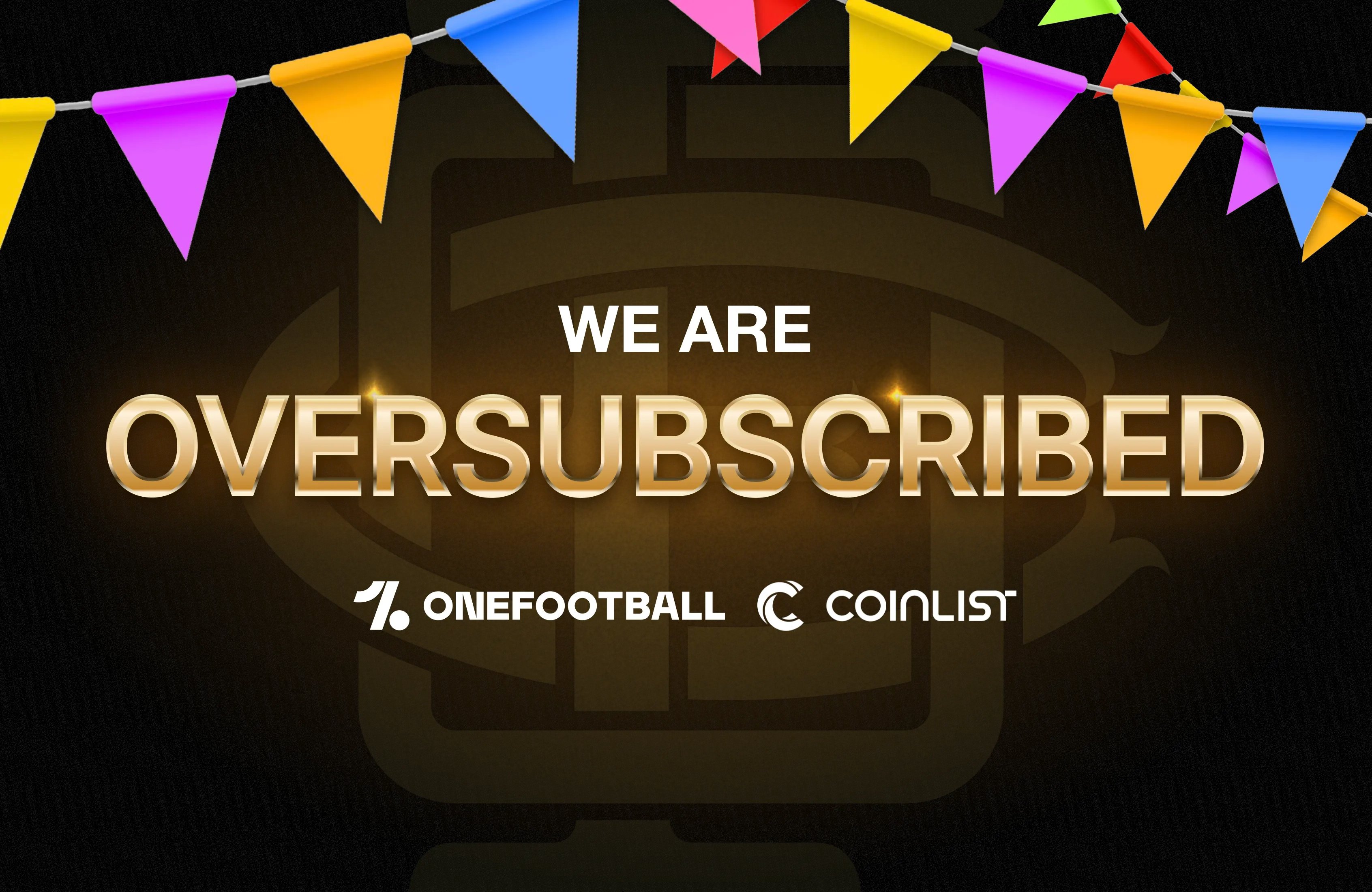
OneFootball Club is pioneering onchain fan governance with its universal fan pass and $OFC token, empowering 3.5 billion fans to participate in club decisions, access digital rewards, and shape football’s digital future.
-
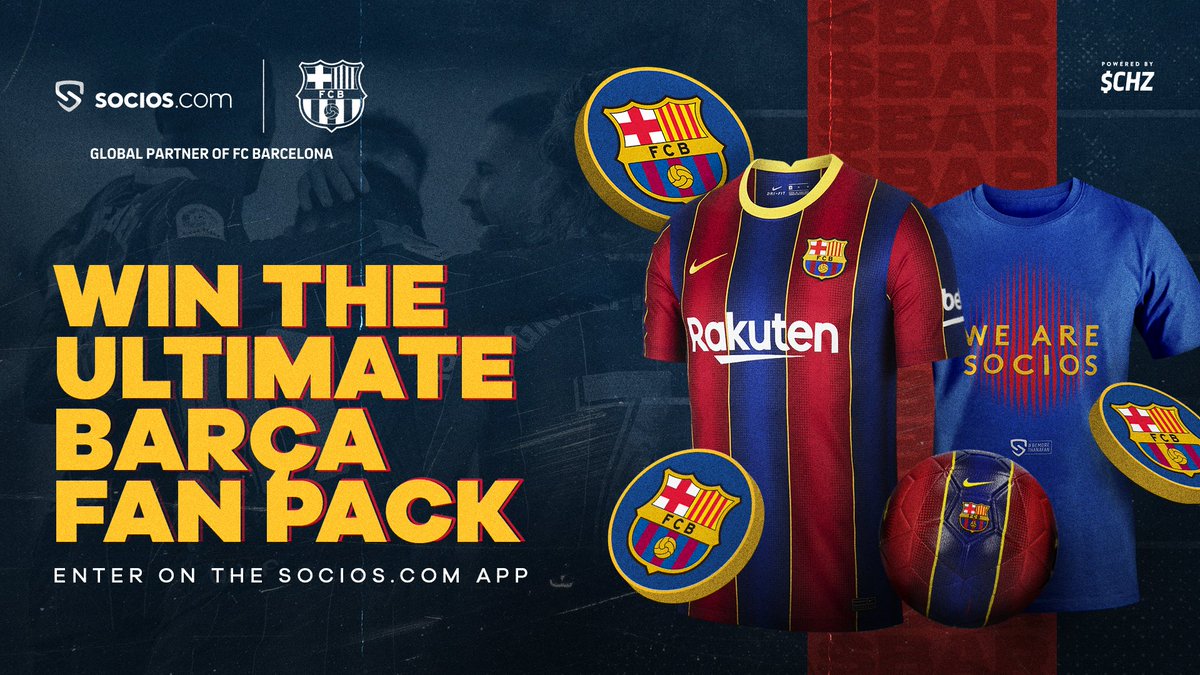
FC Barcelona has embraced blockchain by issuing the $BAR Fan Token on Socios.com, allowing supporters to vote on club matters like kit designs and matchday songs, fostering unprecedented fan engagement.
-
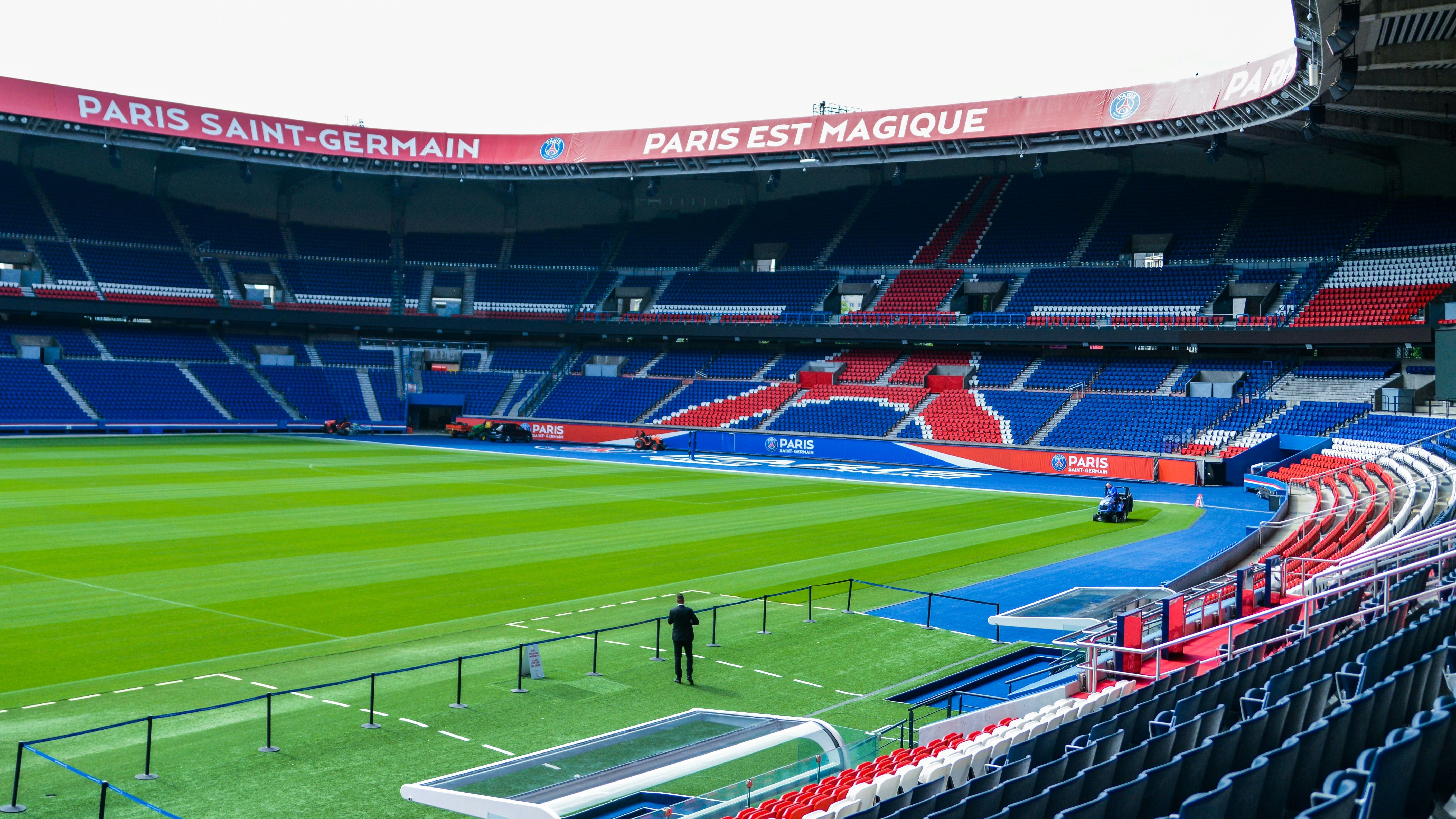
Paris Saint-Germain (PSG) deepened its Web3 footprint by becoming a validator for the Chiliz Chain, the blockchain behind Socios.com, enabling fans to participate in club governance and digital economies.
-
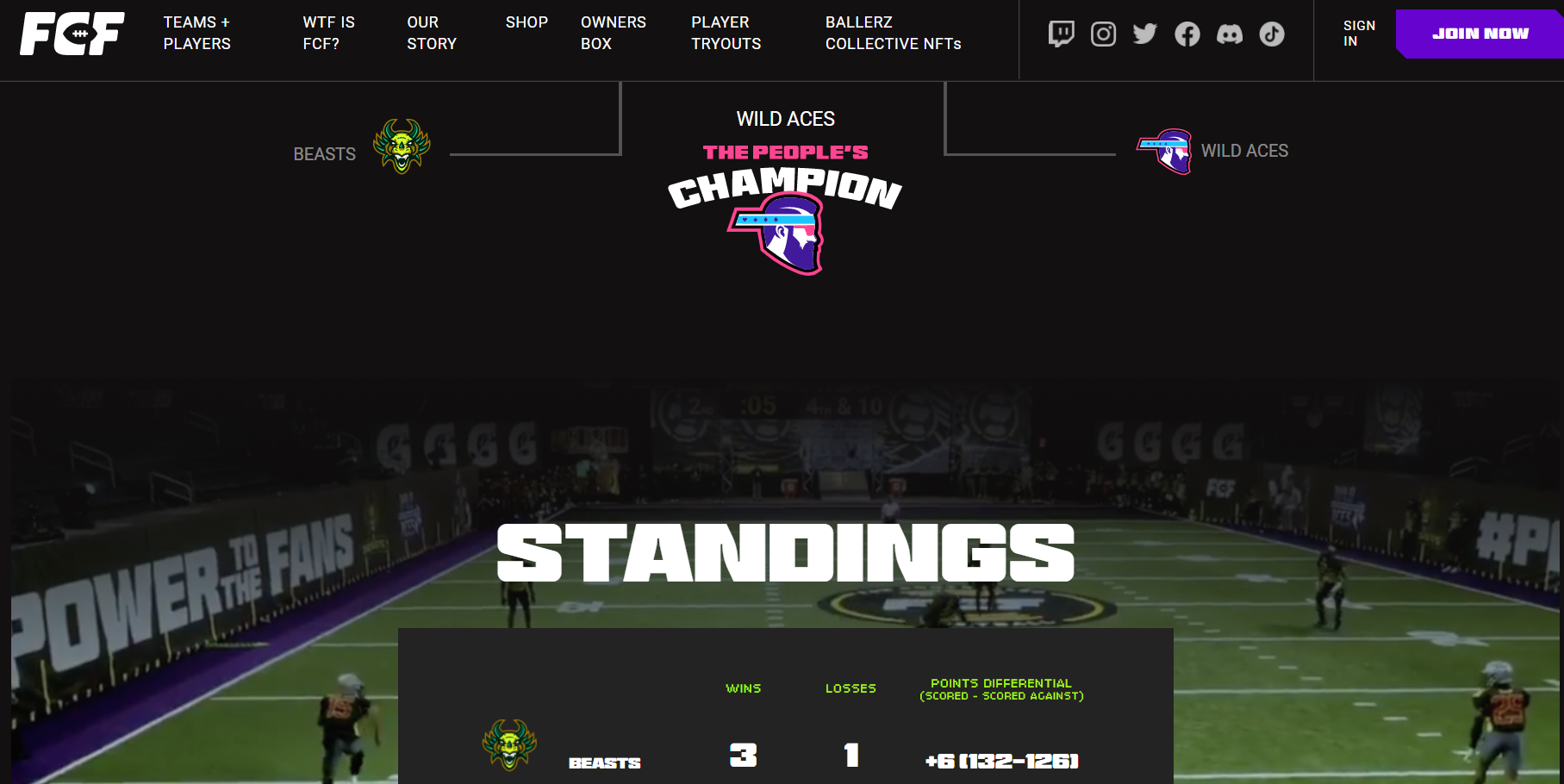
Fan Controlled Football (FCF) leverages DAOs and blockchain to let fans vote on real-time team decisions—from play calls to game strategy—using token-based governance and NFTs for digital collectibles.
-
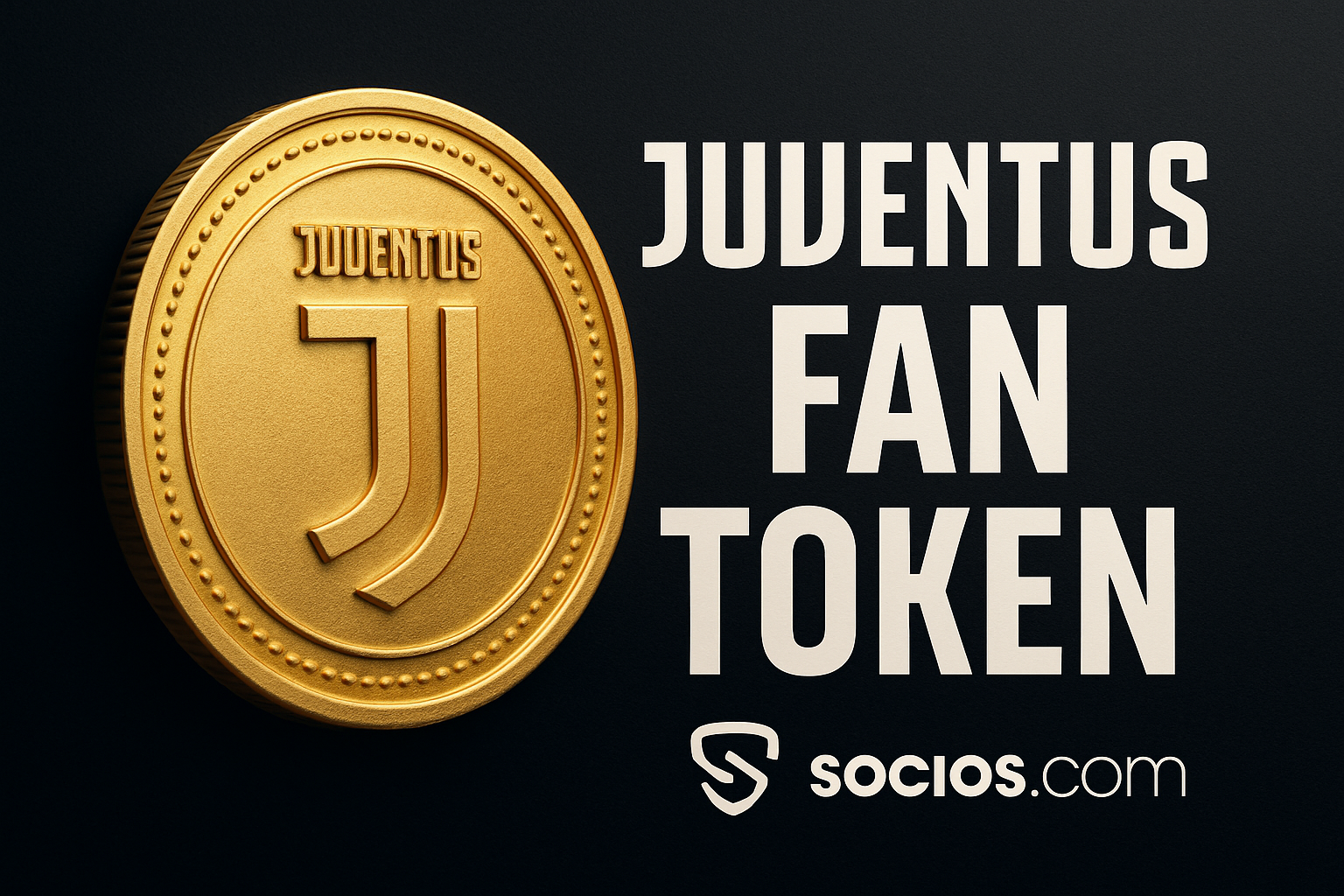
Juventus was among the first major clubs to launch a fan token ($JUV) on Socios.com, giving supporters a direct voice in club activities and access to exclusive rewards through blockchain technology.
What’s Next: The Future of Football Club NFTs and Tokenized Communities
The next wave of innovation is likely to center on interoperability and cross-club collaboration. Imagine a world where your OneFootball universal onchain pass unlocks benefits across multiple leagues, or where NFTs earned from one club can be traded or showcased in digital stadiums worldwide. As more clubs experiment with DAOs, NFTs, and tokenized governance, we’ll see richer forms of engagement, ranging from virtual matchday experiences to direct input on transfer strategies.
At the same time, the rise of decentralized sports management could inspire new business models for lower-league teams, women’s football, and even grassroots organizations. By lowering barriers to participation and connecting with a global fanbase, blockchain technology has the potential to democratize football like never before.
As always in crypto, it pays to stay informed. Fans should weigh both the excitement of digital ownership against market risks, especially as new tokens launch and regulations evolve. But for those willing to ride the trend (and respect the risk), blockchain-powered fan governance offers a front-row seat in football’s most exciting era yet. Whether you’re collecting NFTs, staking your $OFC for club votes, or simply cheering on your team with a digital pass in hand, the beautiful game is now as much about community innovation as it is about goals scored.
